Reporter: You made a strong impression on the audience in the play "Red Coral" - a reformed opera about the sea and islands at the program "Ho Chi Minh City Literature and Arts Days". How do you feel now ?
- People's Artist Tan Giao: I am very moved and proud. "Red Coral" is a special cai luong work, not only because of the theme of the sea and islands but also because of the tragic spirit of the navy soldiers. The play was inspired by a true event about the soldiers on the DK1 platform who bravely fought against the fierce storm in December 1990. When I transformed into the character, I felt their silent but great sacrifice. It was a role that made me choke up with every song and every movement on stage.
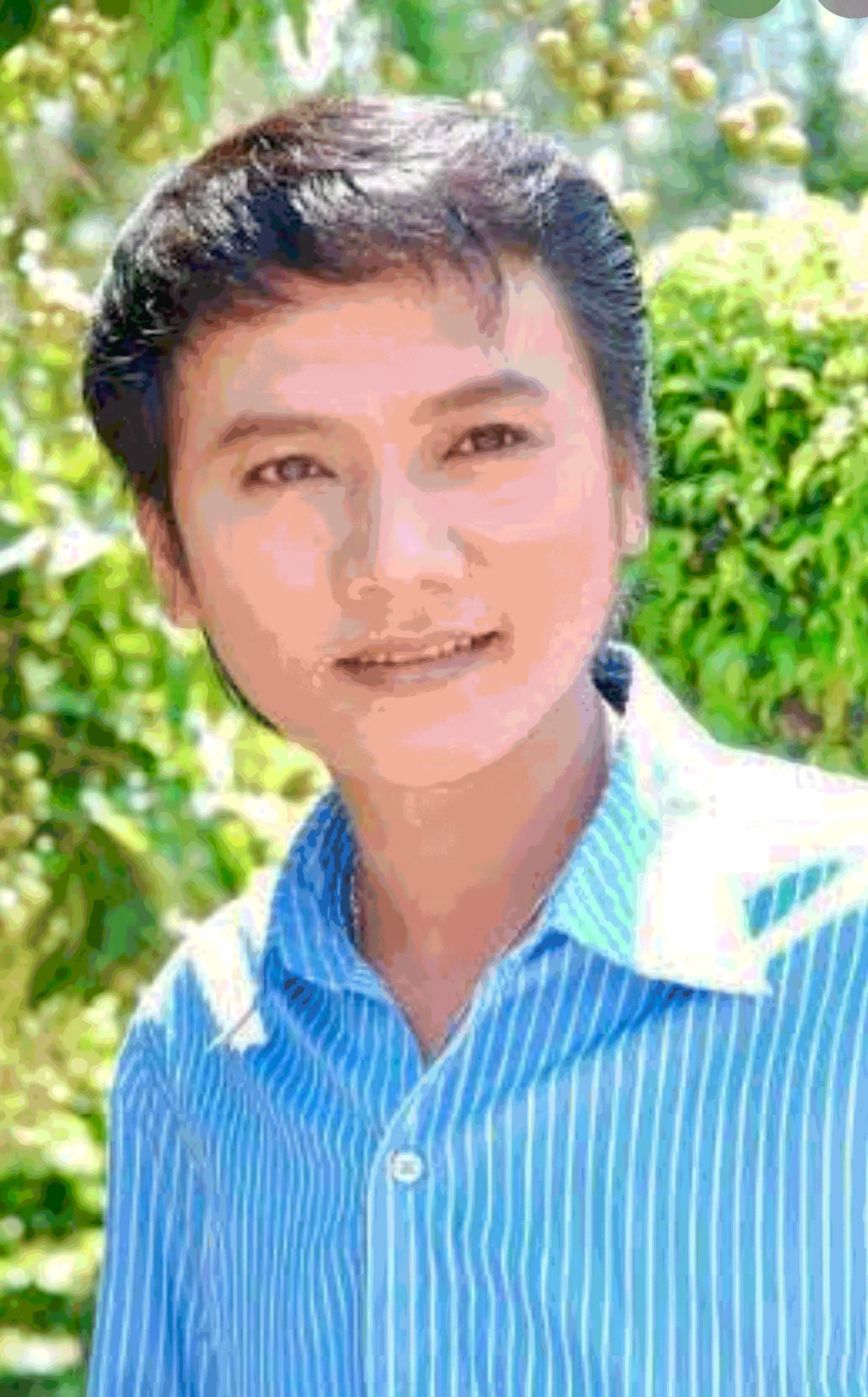
People's Artist Tan Giao
Can you share more about the process of participating in the play and the impact on the public that a work about islands like "Red Coral" brings?
- This is a play by Tran Huu Trang Opera House, directed by People's Artist Tran Ngoc Giau, with a script by writer Bich Ngan and a reformed opera adaptation by author Pham Van Dang. The work won a gold medal at the 2024 National Opera Festival held in Can Tho . The success of the play comes from the spirit of unity and creativity, because performing on a stage designed like a platform is not simple.
From the creative team to the actors, everyone was burning with love for the sea and the Fatherland. When performing at the 2nd Naval Region, our emotions were doubled when we saw the soldiers in tears. I think there is no more precious reward than singing among the people whose stories we are portraying.
You entered the reformed opera profession very early, but the beginning must not have been easy?
- I was born in Ho Chi Minh City, my maternal hometown is Long An (now Tay Ninh). I loved Cai Luong since I was young, so after finishing 12th grade, I took the entrance exam to the acting class of Tran Huu Trang Theater. Teachers and senior artists not only taught me skills but also passed on my personality. After graduating, because I had no "roots", I encountered many difficulties, having to sing at Phu Lam Park, Thao Cam Vien, Dam Sen... to nurture my passion. When Tran Huu Trang Cai Luong Theater established a Cai Luong shock troupe, I volunteered to perform for people in remote areas and border soldiers.
After nearly 40 years of playing soldier and revolutionary roles, do you feel "boxed in"?
- In this profession, everyone hopes to have a role of a lifetime, a strong impression in the hearts of the audience. For me, being assigned the role of a soldier means being given full trust to tell stories about ideals and loyalty in the courageous journey that our army and people have overcome to defeat foreign invaders. The role of Nguyen Ai Quoc in the play "The Fatherland at the End of the Road" is a testament. I did not try to show the stature of a leader, but only wanted to portray a simple, humane patriotic young man. Perhaps it was that sincerity that touched the hearts of the audience.
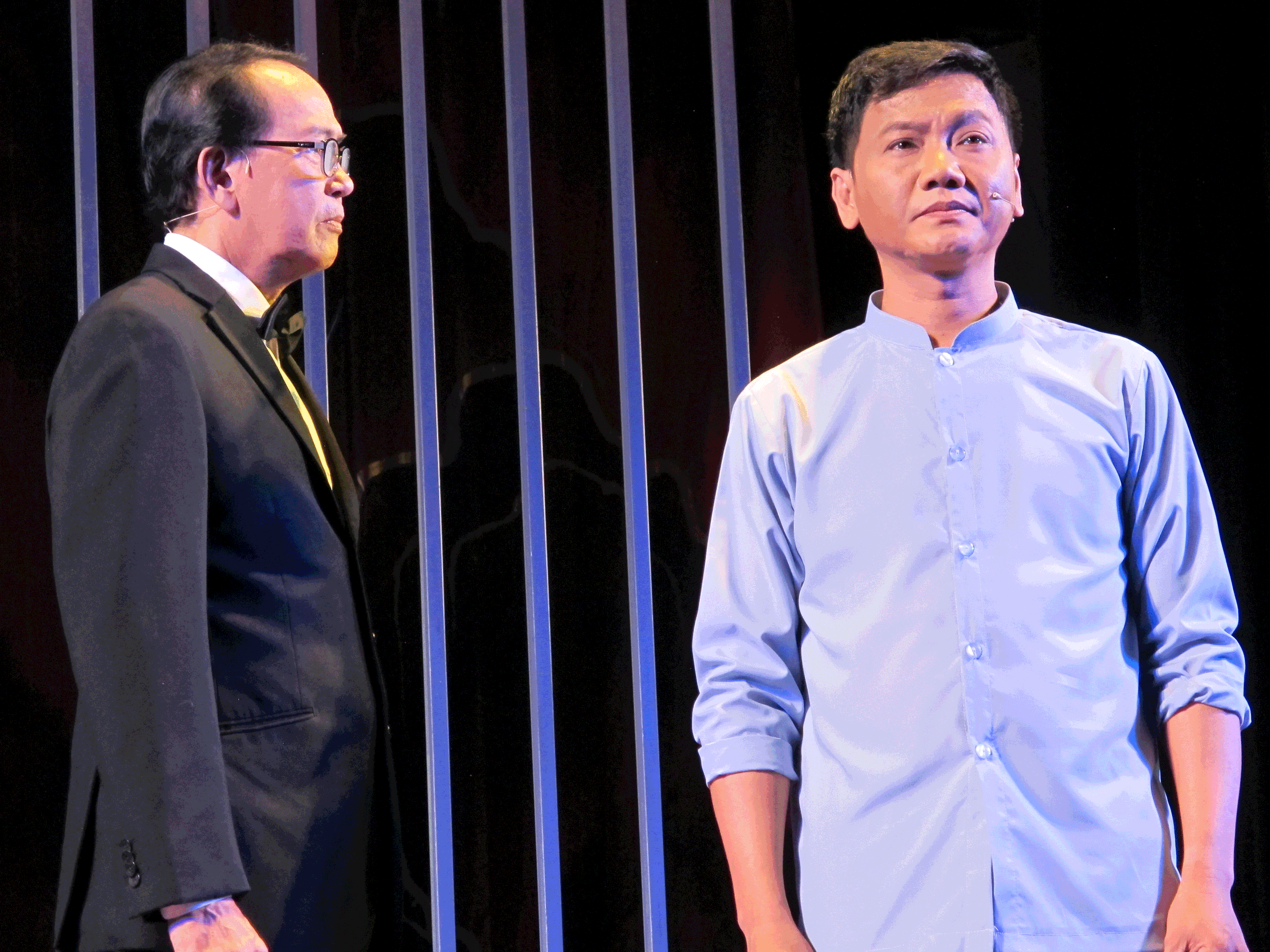
People's Artist Thanh Dien (left) and People's Artist Tan Giao in the play "Fatherland at the end of the road"
When you were honored with the 2006 Golden Apricot Award organized by the Lao Dong Newspaper, do you still remember your feelings that year?
- How could I forget! When it was announced, my heart stopped beating. The Mai Vang Award is a precious reward, voted by those who love traditional theater arts. Therefore, I always consider it a big milestone in my career, an affirmation that the audience always accompanies the theater. Until now, every time I look at the Mai Vang statue, I am still moved as if it were yesterday.
Mai Vang will turn 31, what suggestions do you have to help the award spread more widely?
- I hope that the Mai Vang Awards will continue to innovate their forms of propaganda, especially expanding their channels to reach young audiences through social networks and digital platforms. In addition, more exchanges between artists and the public in localities can be organized, so that the Mai Vang Awards can truly become a "bridge of love" between artists and audiences. I also hope that the Organizing Committee will pay more attention to traditional theater artists: Cai Luong, Tuong, Hat Boi, because they are making efforts to preserve the national cultural heritage. When Mai Vang accompanies traditional arts, the humanistic value of the award will be even deeper.
From an artist's perspective, what do you think traditional theater needs to do to create products to serve the cultural industry of Ho Chi Minh City?
- It is important to renew the approach. Traditional theater cannot be separated from contemporary life, but needs to enter a multimedia creative space: combining sound, light, digital, film, fine arts, fashion ... to create cultural products that are both highly aesthetic and commercially viable. Forms such as reformed opera, classical opera, and opera can completely become "cultural brands" of Ho Chi Minh City if invested in the right direction.
What do you expect from the current generation of young actors of the Ho Chi Minh City Cai Luong theater ?
- I have special faith in the young generation. They have energy, technique and are quick to grasp trends. I just hope they maintain their modesty and desire to learn, because this profession lives on the word "heart". Cai luong can only continue to exist if it is passed on and raised to a higher level.
"Having been singing since he was a young man at Dam Sen Park, People's Artist Tan Giao still maintains his love for the profession and art. Each of his roles is a time to "set sail", so that the art of reformed opera will forever anchor in the hearts of the people" - People's Artist Thoai Mieu commented.
Source: https://nld.com.vn/nsnd-tan-giao-nghe-hat-cho-toi-hanh-phuc-19625110822253449.htm






![[Photo] Cutting hills to make way for people to travel on route 14E that suffered landslides](https://vphoto.vietnam.vn/thumb/1200x675/vietnam/resource/IMAGE/2025/11/08/1762599969318_ndo_br_thiet-ke-chua-co-ten-2025-11-08t154639923-png.webp)

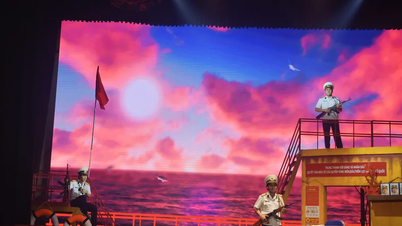


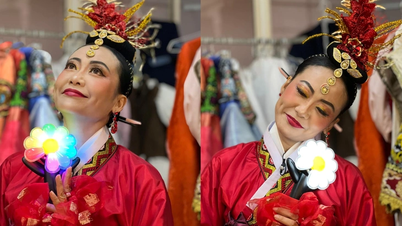
















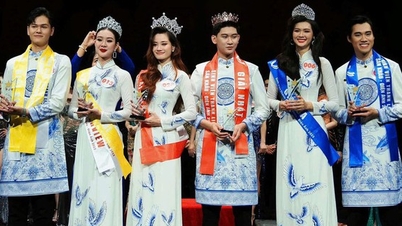
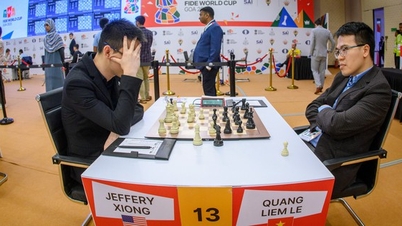












![[Video] Hue Monuments reopen to welcome visitors](https://vphoto.vietnam.vn/thumb/402x226/vietnam/resource/IMAGE/2025/11/05/1762301089171_dung01-05-43-09still013-jpg.webp)

























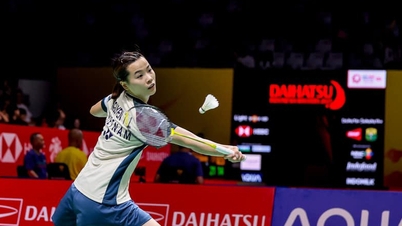


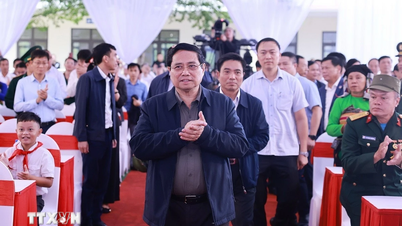








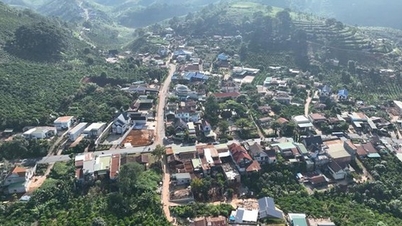
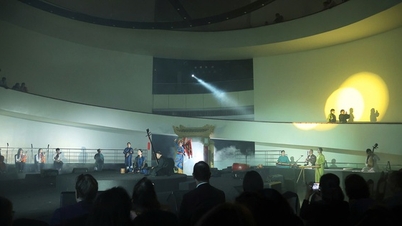




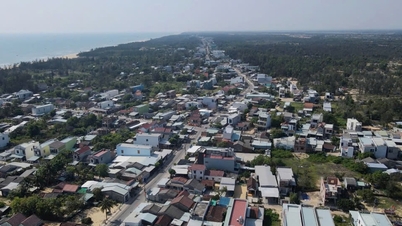

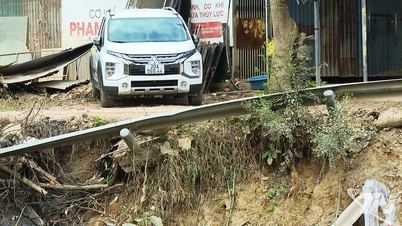

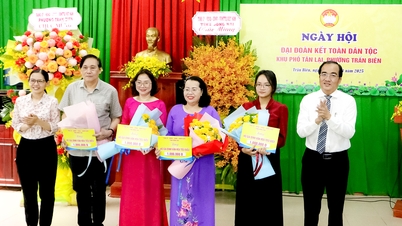


![Dong Nai OCOP transition: [Part 2] Opening new distribution channel](https://vphoto.vietnam.vn/thumb/402x226/vietnam/resource/IMAGE/2025/11/09/1762655780766_4613-anh-1_20240803100041-nongnghiep-154608.jpeg)











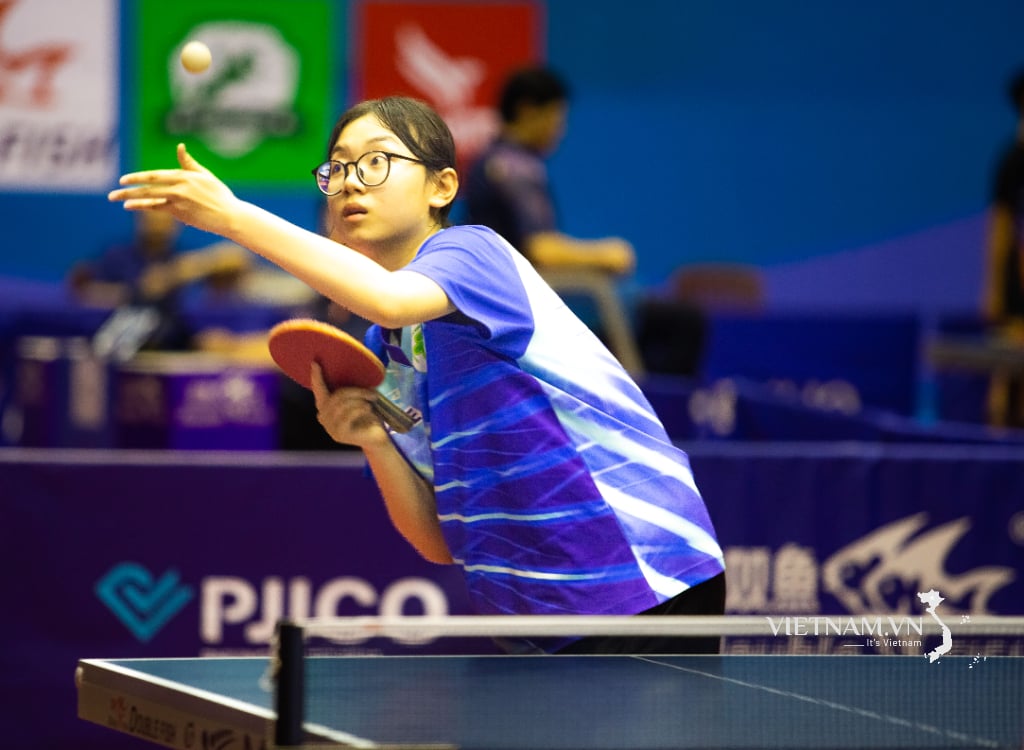


Comment (0)